First Nations Landcare Working Group
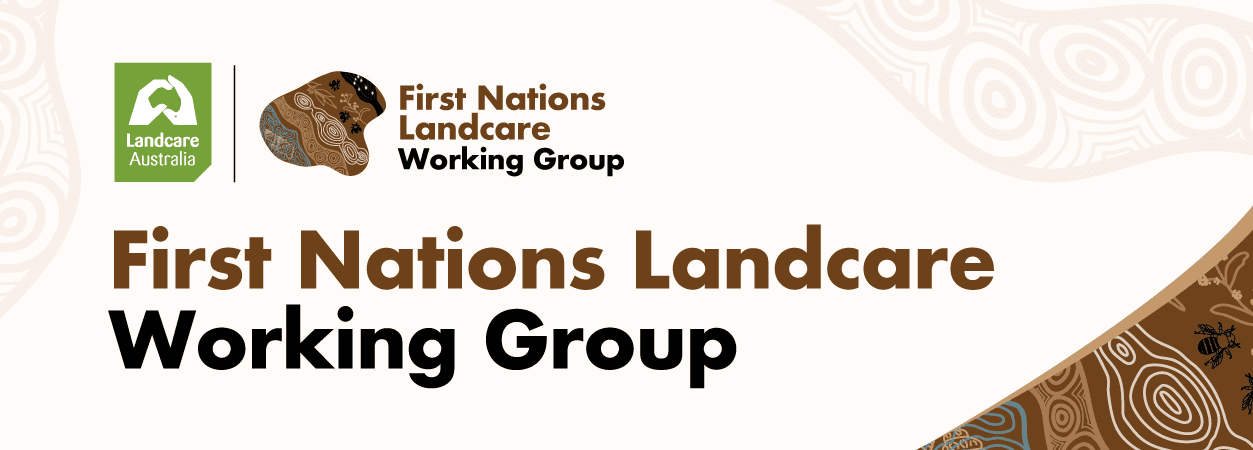
Australia’s First Nations Peoples hold the key to healing the damage from hundreds of years of poor land and sea management practices across Australia and unlocking agricultural and environmental benefits for future generations.A pioneer in environmental conservation and restoration, Landcare Australia is committed to listening to and amplifying, the voices of First Nations Peoples.
During the 2022 National Landcare Conference in Sydney, there was overwhelming support from delegates for the First Nations presenters, rangers, land and sea managers. The event was pivotal to Landcare Australia establishing the First Nations Landcare Working Group, formally launched at Parliament House, Canberra on Monday March 27, 2023.
Landcare Australia’s Working Group provides leadership, along with both general and specific advice to the Landcare Australia Board and works practically with Landcare Australia Executives on developing targeted partnerships and achieving outcomes based on the vision and values of the Working Group’s Terms of Reference.
Landcare Australia, with its 35-year history of working with diverse stakeholders in environmental conservation, recognises the need to strengthen ties between First Nations people and landcare. The Working Group is guiding Landcare Australia in its mission to support farmers, youth, women, landcare groups, and conservation community groups in connecting with Cultural land and sea management practices.
Landcare Australia’s commitment to fostering collaboration with First Nations people and organisations through the Working Group marks a significant step towards achieving environmental sustainability in Australia. The integration of Traditional ecological knowledge and practices promises to create a brighter, more ecologically sustainable future for the nation, fostering mutual respect, understanding, and cooperation among all Australians.
Read the First Nations Landcare Working Group Strategy here.
Read the First Nations Landcare Working Group Terms of Reference here.
Read the First Nations Landcare Working Group Annual Reflections FY24 click here.
The First Nations Landcare Working
Group Members
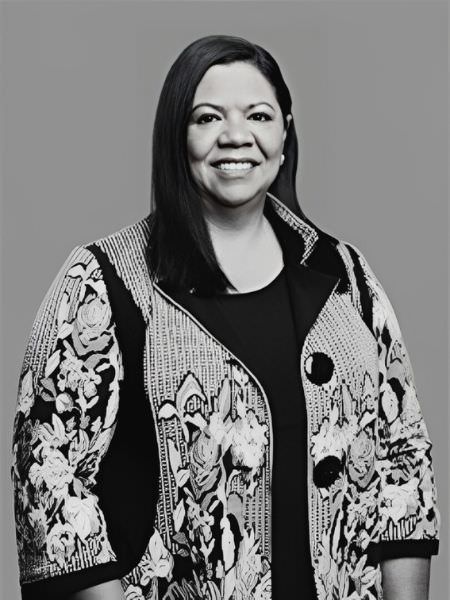
Gail Adamson-Reynolds
Gail Adamson-Reynolds is a descendant of the Wadjuri peoples which is on the eastern boarder of the Nyungar Nation, (Esperance) she is also a descendant of the Mirrning People (“Whale people”) her mother’s country which stretches along the southern coast of WA to the South Australian border.
Gail is the Chairperson of the Esperance Tjaltjraak Native Title Aboriginal Corporation RNTBC (ETNTAC), a position she has held since the Corporation’s establishment in 2015.
She is also the Chairperson of Southeast Aboriginal Health Service, Board member on Horizon Power board, Indigenous Land and Sea Corporation, Board member on Indigenous Land and Sea Council, member of the South-west Marine Parks Advisory Committee and recently appointed to the First Nations Landcare Working Group.
Gail was a previous board member of Indigenous Business Australia and a Chairperson of Goldfields Esperance Development Commission.
She also runs her own business, a specialist training and consultancy company that works with Government, corporates, and mining companies such as Rio Tino and Woodside to engage with and work with First Nations people.
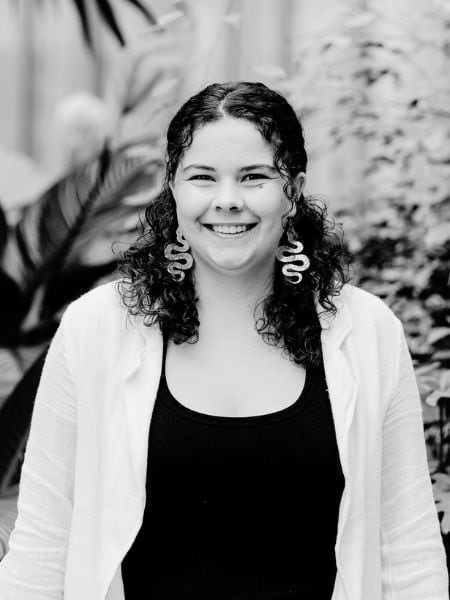
Dhani Gilbert
Dhani Gilbert is a proud Kalari (Lachlan River) Wiradjuri young woman who’s focused on achieving just and sustainable outcomes for First Nations Peoples, Country, community, and young people.
Dhani is currently a second-year university student studying a double degree at the Australian National University and a graduate certificate at Charles Sturt University. She is also the Co-chair of the ACT Youth Advisory Council, a community outreach educator with the Woodlands & Wetlands Trust and working with young women in ACT schools to facilitate culturally safe learning and community connection through weaving workshops.
Dhani has a solid cultural education and has grown up involved in Caring for Country practices inclusive of seed harvesting, cultural burning, weed eradication work, native vegetation restoration and student led First Nations plant use projects.
Dhani is a community driven young person passionate about doing what she can where she can to address inequality, First Nations injustice, protect our environment, empower young people, and contribute to lasting change that allows all people to thrive and flourish.
Ultimately, Dhani empowers other young people to participate widely in their community, whilst also being a part of positive social change in educational spaces, cultural education and in ecological recovery actions in the ACT.
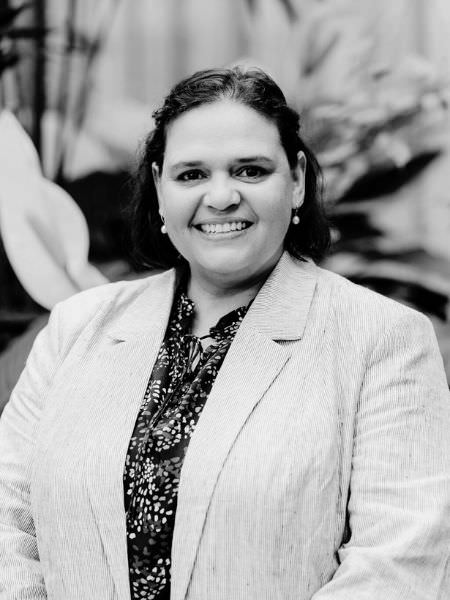
Natalie Sommerville
Natalie Sommerville lives and works on Ngadjuri Country in South Australia’s Mid North and is a farmer, grazier, business owner, mother and mentor. Natalie’s connections to Wagadagam clan of Mabuyag of the Torres Strait Islands through her father’s side provides her with a cultural lens in all that she does. Natalie with her husband Dane and 2 children, manage their farming business Windjara Ag and have been farming in the mid north for almost 20 years, developing strong relationships with the local Traditional Owners over this time.
Driven by her passion for sustainable agriculture, the environment and social justice, Natalie’s focus is on influencing positive change in rural Australia and seeing greater innovation, inclusion of gender and age, and respect for diverse backgrounds. Passionate about sharing her farming, cultural and social knowledge and experiences to improve outcomes for both current and future generations, she creates time to mentor Aboriginal students in local schools and volunteers for community and industry boards at local, state and national levels. This includes the Landcare Australia board, Australian Women in Agriculture, SA Ag Excellence Alliance and the local NAIDOC committee just to name a few.
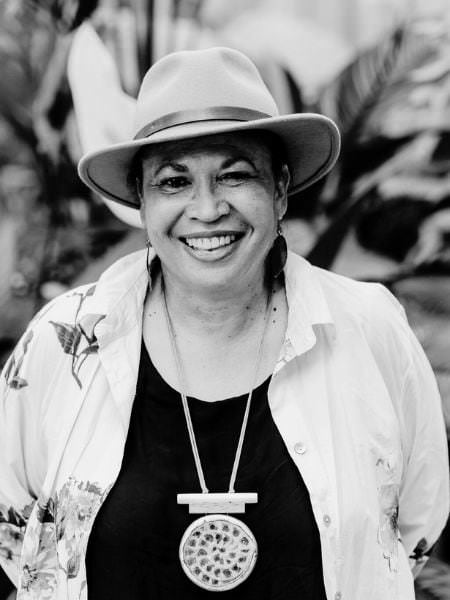
Suzanne Thompson
Suzanne Thompson was born and raised in Barcaldine. Her custodial connection to Country has been continuous and carries on the work of her father, the late David Thompson, and Great Grandparents David and Clara, all of whom had traditional custodial links to the lands of the Kunngeri/Iningai & Bidjera peoples.
With 20 years of experience in government and community sectors, she has become a pioneer for social and economic empowerment, trade and Indigenous self-determination and is passionate about finding innovative ways to create partnerships between indigenous and non-indigenous cultures.
As the Founder and Managing Director of Yambangku Aboriginal Cultural Heritage and Tourism Development Aboriginal Corporation (YACHATDAC) – which manages a 22,000-acre Property in Outback Central Western Queensland – Suzanne is redefining the very idea of social enterprise and appropriate cultural trading methods that will ensure a safe and transparent economic future for Indigenous people.
She volunteers her time as the Chair of the Australian Native Foods and Botanicals (ANFAB) National Peak body and is working directly to secure Indigenous interests and right in this rapidly expanding global marketplace.
Suzanne is currently fostering support and investment for nature-based economies, including Indigenous Land Management, Carbon Farming and First Foods and Medicines, and the recognition, protection, and renumeration of Indigenous intellectual knowledge by industry.
More recently, Suzanne was appointed to the Central Western Queensland Ministerial Round Table for her invaluable insights and connections to Regional Outback Queensland.
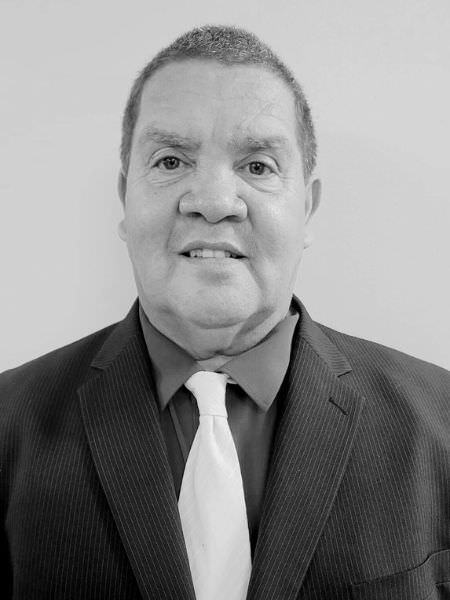
Richard Hoolihan
Richard Hoolihan is a Gugu Badhun man from North Queensland, residing in Greenvale on his Traditional Country. Richard has a diverse background in education, training, and emergency services. His career reflects his passion for Indigenous employment programs and First Nations community engagement. Currently, Richard is pursuing a “Masters of Indigenous Business Leadership” at Monash University. He serves on several boards, including as a Director for Gugu Badhun RNTBC and the Aboriginal and Biodiversity Company Pty Ltd. Richard is an Indigenous member on the Decarbonisation Hub Queensland Advisory Committee which acts as a reference group to ensure that Hub activities are aligned with issues that various stakeholders across Queensland are facing during transformation to a decarbonised economy. Richard has previously served as Chairperson of the North Queensland Land Council and now serves as Director for the Charters Towers, Hughenden, Richmond Ward and Chairs the Economic Development Portfolio. He is a Director at North Queensland Dry Tropics and Chairs the Traditional Owner Management Group, ensuring effective engagement with the seventeen Traditional Owner groups across the Burdekin Dry Tropics region in Natural Resources Projects.
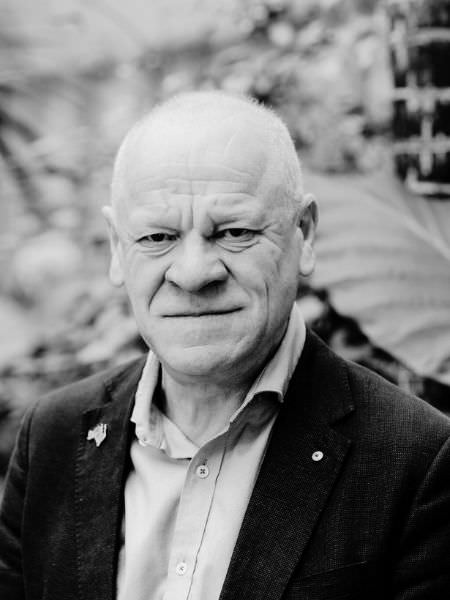
Doug Humann AM
Doug Humann AM, GAICD, BA (Hons), Dip ED, was appointed chairman of Landcare Australia in 2016. With more than 40 years involvement in regional Australia, including 30 years leadership experience in the environmental sector, Doug led Bush Heritage Australia (1997–2011) to national prominence before establishing his own consultancy. Doug is primarily engaged with non-government organisations, Indigenous groups and natural resource management/catchment management authorities. Doug provides advice and support on a range of strategic, investment, project and governance matters, and is particularly involved in building partnerships, collaborations and mentoring.